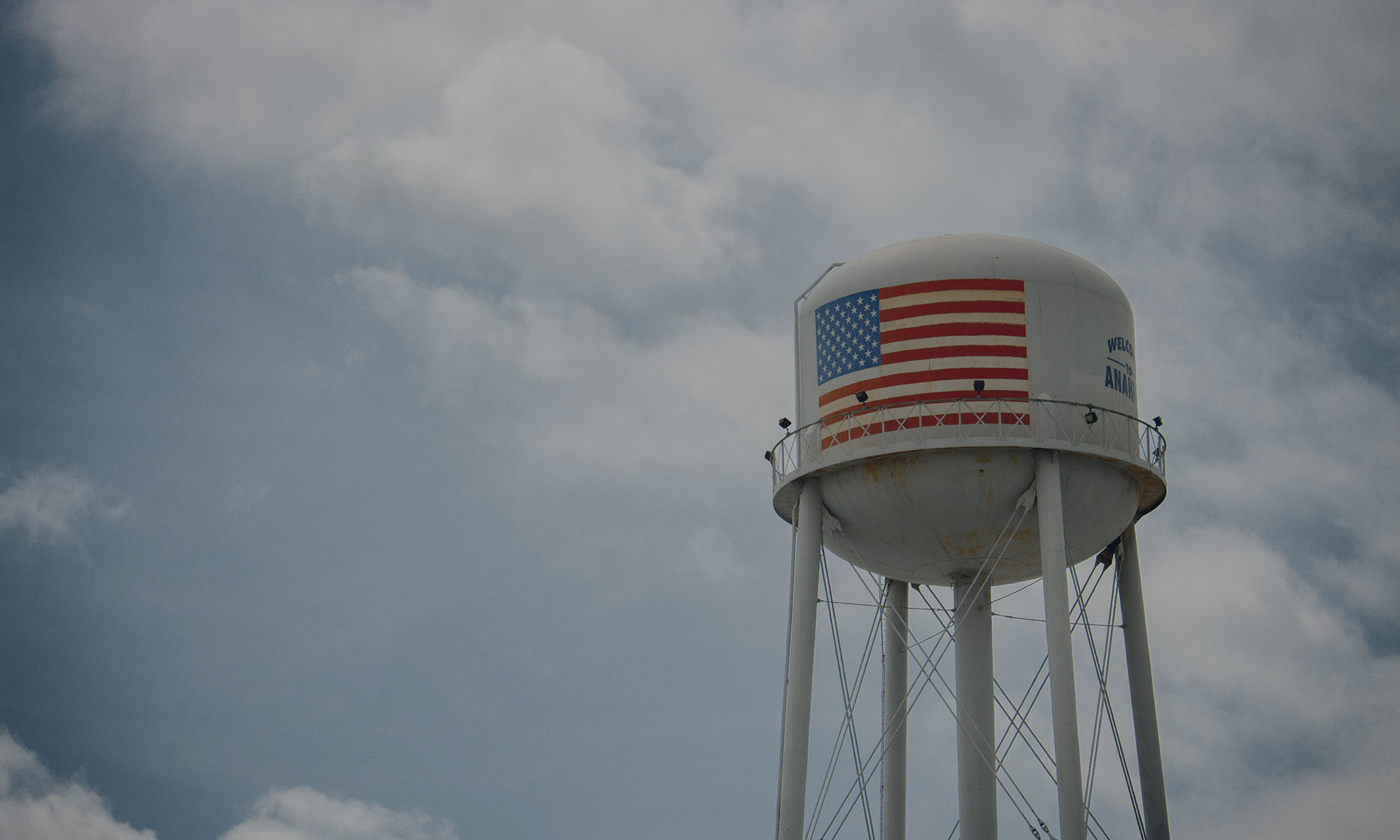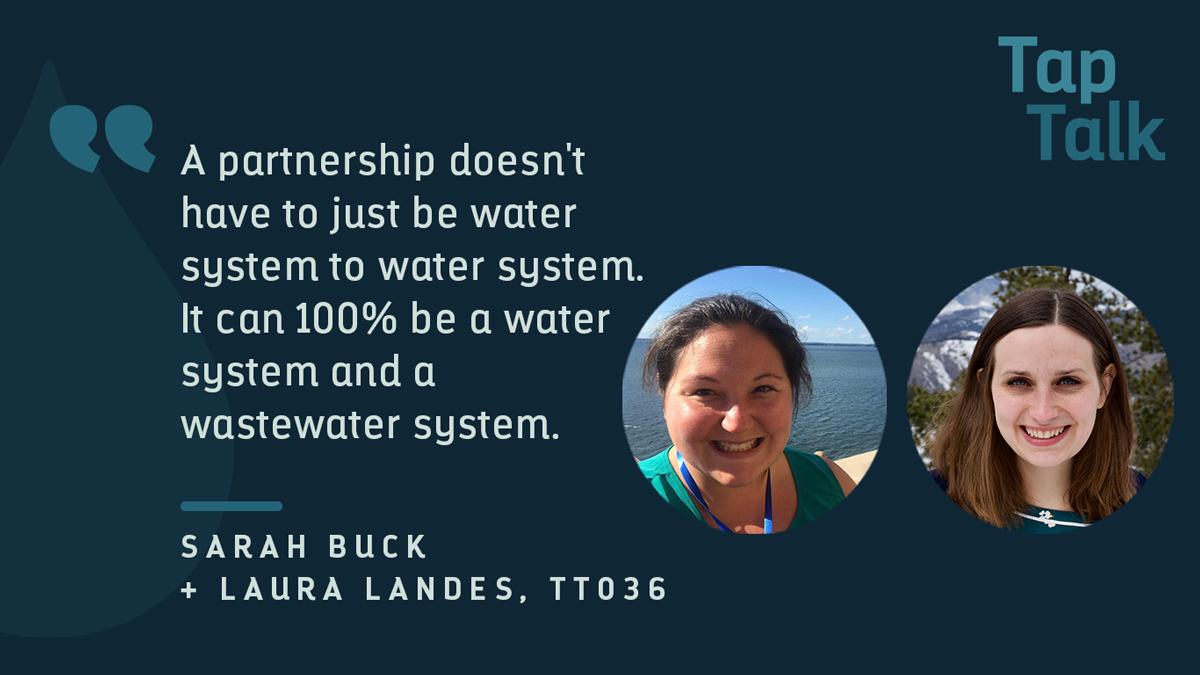Regionalization is not just one thing, but a spectrum of partnership opportunities for efficiency and economies of scale. In this episode we’re chatting with RCAP’s Laura Landes and Sarah Buck about the fundamentals of regionalization and why these conversations are so important to the sustainability of small and rural water systems.
Topics Discussed
- Meet Laura Landes
- Laura’s Water Hero: Dr. Mona Hanna-Attisha
- Meet Sarah Buck
- Sarah’s Water Heroes: Julia Helmreich, Olga Morales-Pate, Blanca Surgeon
- RCAP’s Regionalization Guide
- RCAP’s Regionalization webpage
- RCAPs Managerial & Financial Hub webpage
- EPA’s Partnerships webpage
- EPA’s Water System Partnerships Training Toolbox
- News article about New Mexico legislation
- RCAP on Twitter
“A partnership doesn’t have to just be water system to water system. It can 100% be a water system and a wastewater system.”
Sarah Buck
Go Further
You’re invited to discuss the episode in our LinkedIn Group. If you decide to share on Twitter, please use the hashtag #TapTalkPodcast. And, of course, make sure to subscribe in Apple Podcasts or your favorite podcast app.
About the Guests
Sarah Buck is the Chief Programs Officer at RCAP where she has worked for the last 4 years. Prior to that she spent 6 years working for two of RCAP’s network partners, RCAC, the western RCAP, where she was a technical assistance provider and helped facilitate regionalization on the ground in California, and RCAP Solutions, the northeastern and US Caribbean RCAP, where she managed their water, wastewater and solid waste programming across their 9 state and 2 territory geography. Prior to joining the RCAP family, Sarah did international watershed management work. Sarah graduated from Middlebury College where she majored in international studies and a had double minor in Russian and political science. Sarah lives in a cabin on the lake in western Maine with her husband and 4 fur babies.
Laura Landes started working with RCAP in May 2018 as a research and policy fellow and joined the team full-time in June 2019 after receiving a Masters of Environmental Management degree from Duke University’s Nicholas School of the Environment. As a research manager, Laura advances RCAP’s mission of supporting small and rural communities by identifying, understanding and sharing their needs and contributing to national environmental and economic conversations. Combined with a BA in Economics and Environmental Policy with high honors from the College of William & Mary, these experiences have given Laura a strong background in research, writing, and statistical analysis, as well as a grasp on the unique challenges rural and small communities face.

